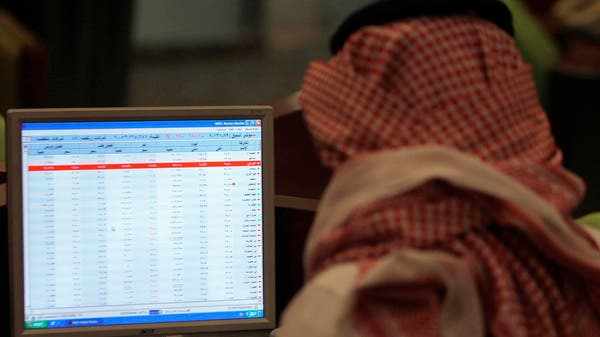Why SPACs Are A Racket
- Date: 10-Jan-2022
- Source: Morning Star
- Sector:Economy
- Country:Middle East
Why SPACs Are A Racket
This column is based on a paper from Michael Klausner, Michael Ohlrogge, and Emily Raun, entitled “A Sober Look at SPACs.”
Their research has circulated for a while, appearing in various articles, but as the paper was updated over the holiday break, it’s worth a fresh look, particularly as the industry is once again occupying the front of the business pages, with the SPAC Digital World Acquisition Company (DWAC) preparing to merge with a firm owned by Donald Trump.
Special-purpose acquisition companies, or SPACs, are publicly traded stocks. They raise capital from seed investors, promising to invest proceeds into a privately held company.
Such transactions are called “mergers.” The SPAC transfers its cash to the target in exchange for equity ownership. The private company has therefore gone public. Those who held SPAC shares through the merger now own shares in the previously-private company.
Allegedly, this structure leads to a win/win/win. SPAC shareholders win by investing in the formerly privately held organisations at wholesale prices, rather than buying at an inflated value after the bigger players have flipped the merchandise.
The private firms win because they acquire liquidity by going public, with underwriting costs that are supposedly lower than with traditional IPOs. And, of course, the promoters of SPACs win, because such is Wall Street.
The promoters























